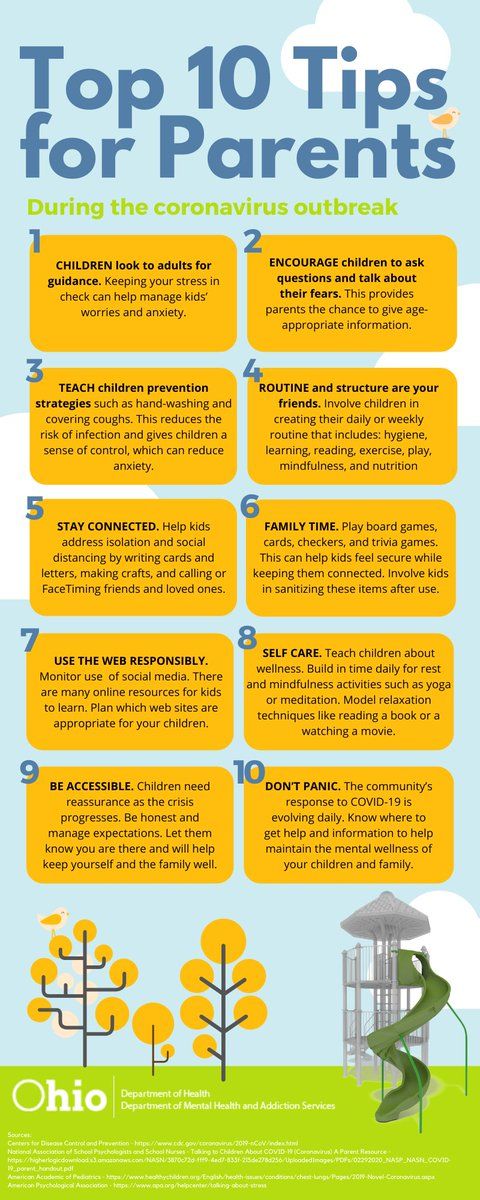
How to Prevent Common Seasonal Illnesses
- 0
As the seasons change, so do the common illnesses that tend to affect people. From cold and flu to allergies and skin conditions, it’s important to take precautions to protect yourself and your loved ones from falling victim to these ailments. In this article, we will discuss some effective strategies to prevent common seasonal illnesses.
1. Boost Your Immune System
One of the best ways to prevent seasonal illnesses is by boosting your immune system. This can be done through a healthy diet rich in fruits and vegetables, regular exercise, and adequate sleep. Additionally, consider taking supplements like vitamin C, zinc, and probiotics to give your immune system an extra boost.
2. Practice Good Hygiene
Practicing good hygiene is essential in preventing the spread of germs that can cause illnesses. Wash your hands frequently with soap and water, especially before eating or touching your face. Use hand sanitizer when soap and water are not available, and cover your mouth and nose when coughing or sneezing to prevent the spread of germs.
3. Stay Hydrated
Drinking an adequate amount of water is crucial for overall health and can help prevent illnesses. Staying hydrated helps to flush out toxins from your body and keep your immune system functioning properly. Aim to drink at least eight glasses of water a day, and more if you are physically active or in hot weather.
4. Get Vaccinated
Vaccinations are an effective way to protect yourself from certain seasonal illnesses like the flu. Make sure to get vaccinated annually, especially if you are in a high-risk group such as young children, older adults, or individuals with chronic health conditions. Consult with your healthcare provider to determine which vaccinations are appropriate for you.
5. Avoid Close Contact with Sick Individuals
If you know someone who is sick, try to avoid close contact with them to reduce your risk of getting ill. Illnesses like colds and the flu are often spread through respiratory droplets when an infected person coughs or sneezes. Keep your distance from sick individuals and encourage them to stay home until they are no longer contagious.
6. Maintain a Clean Environment
Keeping your home and work environment clean can help prevent the spread of germs that cause seasonal illnesses. Regularly disinfect commonly touched surfaces like doorknobs, countertops, and light switches. Wash bedding and towels frequently, and ensure proper ventilation to reduce the growth of mold and allergens.
Conclusion
By following these preventative measures, you can greatly reduce your risk of falling victim to common seasonal illnesses. Remember to prioritize your health and well-being by taking proactive steps to protect yourself and those around you. Stay informed about current health recommendations and consult with your healthcare provider if you have any concerns about preventing seasonal illnesses.
Stay healthy and stay safe!

